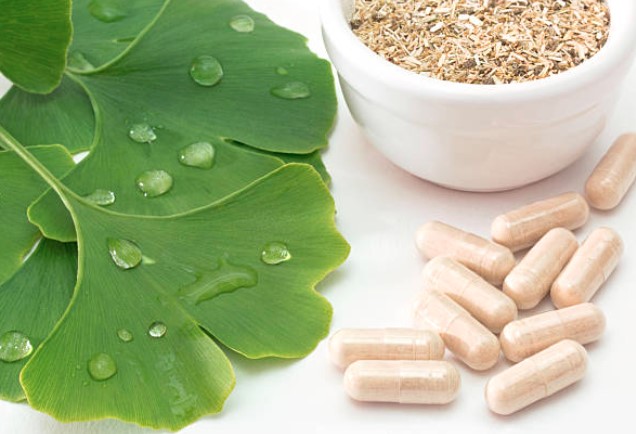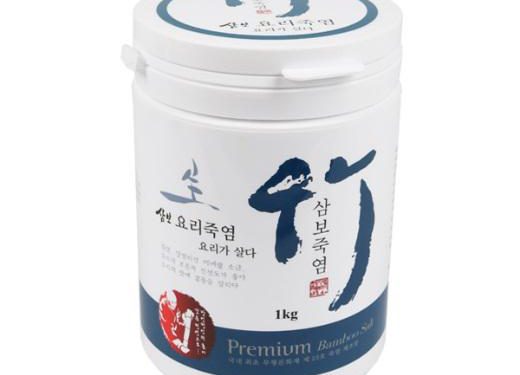The possible interactions of ‘Trendy’ Supplements with Some Pathologies
Table of Contents
When it comes to our health we are always very attentive to both the diet and the amount of physical activity we do. Unfortunately, very often, even the most careful precautions are not enough due to a hectic lifestyle, a thousand commitments and little time. It is in these cases that food supplements and their properties come to our rescue. Especially those with a completely natural base. One of these food supplements is making its way more and more in the diets of most, thanks to its very useful properties: we are talking about Ginkgo biloba.
What is Ginkgo Biloba and in What Form can we Take It
Ginkgo (Ginkgo biloba) is one of the oldest living tree species. Most of the ginkgo products are made with the extract prepared from its leaves, very particular and recognizable by their fan shape. The most useful components of ginkgo biloba are believed to be flavonoids, which have powerful antioxidant qualities, and terpenoids, which help improve circulation by dilating blood vessels and reducing the “stickiness” of platelets.

Ginkgo is commonly available as a tablet to take orally, as an extract, capsule, or leaf for tea. We advise you not to eat raw or roasted ginkgo seeds: mainly the leaves are used as the seeds can be poisonous.
What is Ginkgo Biloba Used For
Most research on ginkgo focuses on its benign effects on dementia, memory, and pain caused by insufficient blood flow (claudication). But let’s see what the studies conducted say.
Ginkgo biloba for dementia.
There is insufficient evidence to support the use of ginkgo to prevent dementia or treat people with mild cognitive impairment. While ginkgo appears to be safe in moderate amounts, research does not support the supplement’s use to prevent or slow dementia or cognitive decline. More research is needed to find out what role ginkgo might play in supporting brain function and treating other conditions.

Ginkgo biloba for claudication.
A review of research suggests that taking ginkgo has no significant benefit for people with the condition.
Ginkgo biloba for memory
Ginkgo’s effect on memory enhancement has had mixed results. While some evidence suggests that ginkgo extract may modestly improve memory in healthy adults, most studies indicate that ginkgo does not improve memory, attention, or brain function.
Ginkgo biloba: Safety and Side Effects
When used orally in moderate amounts, ginkgo appears to be safe for most healthy adults. However, Ginkgo can cause:
- Headache
- Dizziness
- Palpitations
- Upset stomach
- Constipation
- Allergic skin reactions
If you suffer from epilepsy or are prone to seizures, avoid ginkgo. Large amounts of ginkgotoxin can cause seizures. Ginkgotoxin is found in ginkgo seeds and to a lesser extent in ginkgo leaves. If you have a bleeding disorder or are pregnant, don’t take ginkgo. The supplement could increase the risk of bleeding. If you are planning to undergo surgery, stop taking ginkgo two weeks earlier for the same reason. Ginkgo biloba may also interfere with diabetes management. If you take ginkgo and have diabetes, you need to consider the possible interactions of Ginkgo biloba.

- Xanax. Taking ginkgo with this drug used to relieve anxiety symptoms may reduce the drug’s effectiveness.
- Anticoagulants and antiplatelet drugs, herbs and supplements. These types of medications, herbs, and supplements reduce blood clotting. Taking ginkgo with them could increase the risk of bleeding.
- Anticonvulsants and drugs that lower the seizure threshold, herbs and supplements. Large amounts of ginkgotoxin can cause seizures. Ginkgotoxin is found in ginkgo seeds and to a lesser extent in ginkgo leaves. It is possible that taking ginkgo can reduce the effectiveness of an anticonvulsant drug.
- Antidepressants. Taking ginkgo with some antidepressants, such as fluoxetine (Prozac, Sarafem) and imipramine (Tofranil), may reduce its effectiveness.
- Some statins. Taking ginkgo with simvastatin (Zocor) might reduce the effects of the drug. Ginkgo also appears to reduce the effects of atorvastatin (Lipitor).
- Medicines for diabetes. Ginkgo could alter your response to these medications.
- Ibuprofen. It is possible that the combination of ginkgo and ibuprofen (Advil, Motrin IB, others) may increase the risk of bleeding.





